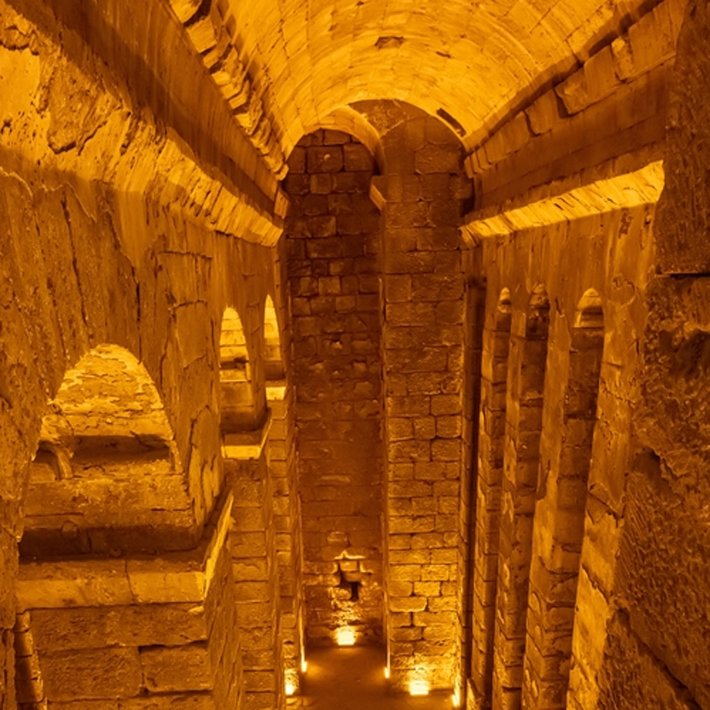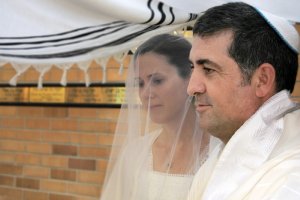As many as 70,000 ancient Christians and Jews sought refuge in a hidden underground city in modern-day Turkey to escape persecution from the Roman Empire during the second and third centuries according to a recent article in Live Science.

The underground site called Matiate, “city of caves” in the ancient Assyrian language, is featured in a May 17 article in Smithsonian magazine.
Turkey was under Roman rule in the early days of Christianity. The new faith was “not an official religion in the second century … families and groups who accepted Christianity generally took shelter in underground cities to escape the persecution of Rome,” says Gani Tarkan, director of Turkey’s Mardin Museum.
“Judaism had long ago come to a legal agreement with the Emperor that Jews would not be forced to participate in pagan rituals,” according to Yale Biblical historian Wayne A. Meeks. “But a gentile who refused to participate in [the] civic cult had no legal standing.” And many of the Christians of the era were Jews.
Christians and Jews resumed living above ground when their persecution ended around the sixth century, but they continued to use the underground area as catacombs and for manufacturing wine.
Measuring more than 100,000 square feet, the hidden compound was discovered in 2020 by workers who stumbled on a passage leading from a limestone cave to the sprawling complex while doing routine restoration work in the city of Midyat.
After opening a tunnel more than 300 feet long, Turkish excavators found 49 rooms, including a church and a synagogue bearing what appears to be a Star of David symbol inscribed on the wall, Tarkan said. He believes that just three percent of the underground city has been discovered so far. The area of the entire complex may well be more than 4 million square feet (92 acres), large enough for 60,000 to 70,000 people to live in.
Researchers plan to further excavate the underground city while restoring areas recently cleared, and Turkish authorities want to eventually turn the complex into a site for archeological tourism.
Above the newly excavated ruins, the city of Midyat itself is described by Turkey’s state-run Anadolu Agency as a “veritable open-air museum.” There are millennia-old stone houses, inns, mosques, churches and monasteries dating from the sixth to the eighth centuries, including those selected as candidates for UNESCO’s World Heritage List.
“Similar but much smaller ancient underground catacombs or burial chambers have been uncovered in France and Italy, but none spread over such a large area,” says Tarkan.
_______________
From its beginnings, the Church of Scientology has recognized that freedom of religion is a fundamental human right. In a world where conflicts are often traceable to intolerance of others’ religious beliefs and practices, the Church has, for more than 50 years, made the preservation of religious liberty an overriding concern.
The Church publishes this blog to help create a better understanding of the freedom of religion and belief and provide news on religious freedom and issues affecting this freedom around the world.
The Founder of the Scientology religion is L. Ron Hubbard and Mr. David Miscavige is the religion’s ecclesiastical leader.
For more information visit the Scientology website or Scientology Network.


